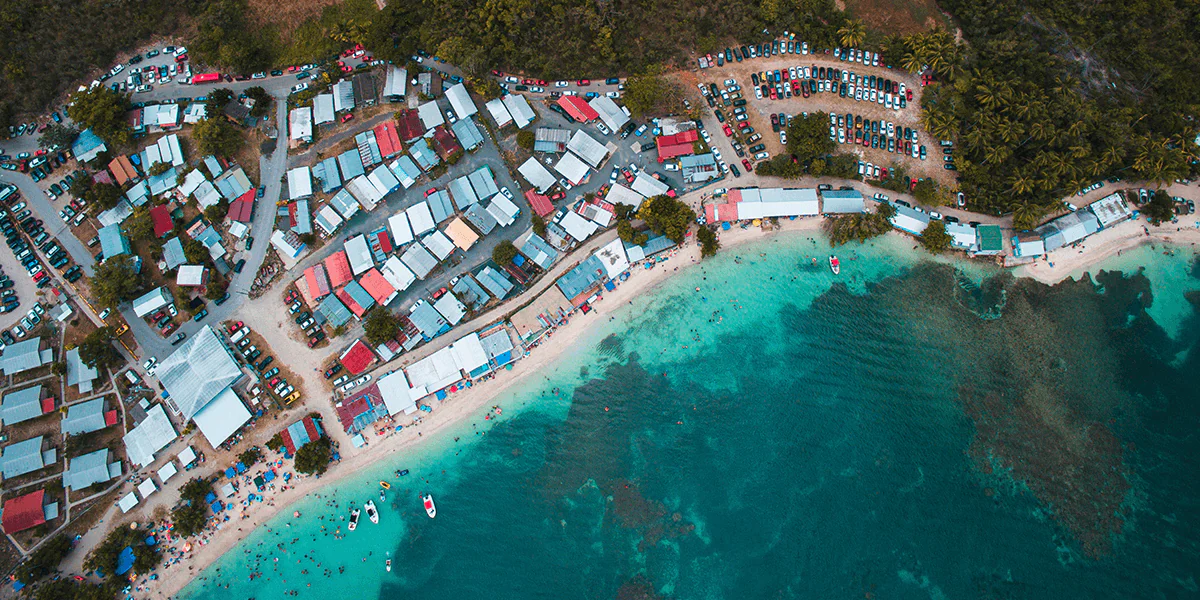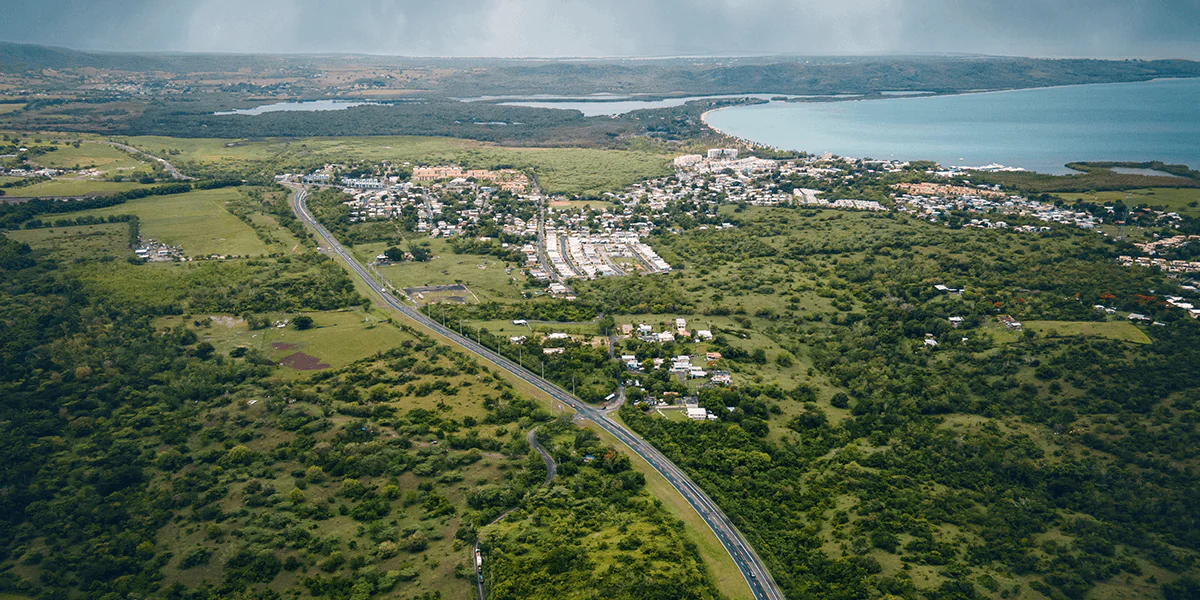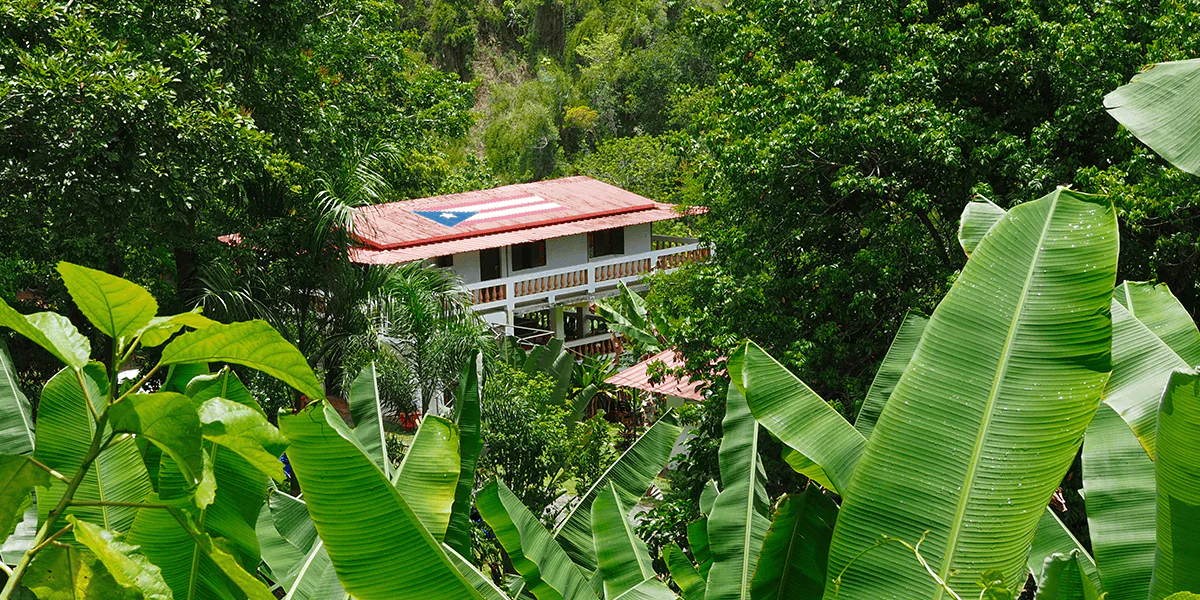
Allocation: $300M
Provides vulnerable communities with the opportunity to relocate out of risk areas. Through this process, community residents will be integrated into the decision-making process regarding the selection of the land to relocate to, the housing typology to be developed, and the community elements they would like to replicate in the design of their new community.
Funds Set Aside: $52M
The MSC Program has a Funds Set Aside of $52 million for community-based projects meant to aid Caño Martin Peña residents.
MULTI-SECTOR COMMUNITY MITIGATION PROGRAM
The Puerto Rico Risk Assessment’s results show that the main risks that pose a threat to the Island are hurricane force winds, floods, earthquakes, landslides, and liquefaction. Each year, as tropical storms and hurricanes bring more rain, thousands of homes face these risks. Recent seismic activity has also highlighted the need to mitigate risks for households due to these natural disaster events.
The Multi-Sector Community Mitigation Program (MSC) provides vulnerable communities the opportunity to relocate outside of risk areas, such as floodplains, liquefaction-prone land, and coastal areas threatened by rising sea levels and erosion. The communities selected to participate in the MSC Program will implement a Participatory Design process with the help of the Puerto Rico Department of Housing’s (PRDOH) resources.
GUIDELINES
| File | Action |
|---|---|
| Program Guidelines (V2.0) -- Published 03/21/2025 | Download |
Community residents who wish to participate in the MSC Program will engage in a Participatory Design process to determine:

Potential Relocation Site

Potential Housing Development Options

Potential Community Features
These determinations will be used to complete a viable Community Relocation Proposal that must count with at least sixty percent (60%) community resident support and which will be submitted to PRDOH for their final approval and implementation.
WHAT IS PARTICIPATORY DESIGN?
Participatory Design, also known as Codesign, is a design methodology in which an architect designs a project with the input of community residents. It is an educational process based on democratic principles in which an exchange of knowledge and experiences takes place between the architect and the residents. In this exchange, the architect identifies the residents’ needs, while promoting that community habitants evaluate the space they live in. It is through this exchange that the architect, along with the residents, develops architectural alternatives for the current space to achieve a better quality of life for the entire community.
The Participatory Design process that the MSC Program participants will undergo will be conducted by architects provided by PRDOH. Through community design workshops, these architects will be responsible for guiding the communities in determining a potential relocation site, potential housing development options, and potential community features.
TARGETED COMMUNITIES:
PRDOH is conducting an investigation of its database to identify community scale relocation proposals previously submitted by municipalities, governmental entities, non-governmental and non-profit organizations. The following are data sources reviewed and referenced during this investigation:
- CDBG-MIT Public Hearings: Citizen participation through the delivery of Presentations or Executive Summaries.
- Mitigation Project Proposals Registry: Proposals received by PRDOH as part of their outreach efforts for the development of the Puerto Rico Mitigation Action Plan.
- Municipal Recovery Plans: Presented to PRDOH by CDBG-DR Municipal Recovery Planning Program (MRP) participants.
- Community Planning and Capacity Building Programs Relocation List: Provided to PRDOH by the Federal Emergency Management Agency’s (FEMA) Community Planning and Capacity Building Program (CPCB).
- Risk Mitigation Plans: Municipal Risk Mitigation Plans developed for FEMA’s Hazard Mitigation Program (HMGP). The plans include communities’ input to identify Puerto Rico’s risks as part of Hurricane María’s recovery efforts and project proposals that could be potentially implemented with funding availability.
- Municipality Survey: PRDOH surveyed Puerto Rico’s 78 municipalities in late 2022-early 2023 to confirm which communities in their jurisdiction had previously requested relocation.
The communities which the proposals sought to relocate are going to be listed according to their Risk Score as specified by the Puerto Rico Risk and Hazards Dashboard.
The MSC Program will open Invitational Rounds to target communities with the highest Risk Scores. There will be no more than one Targeted Community per municipality and the amount of targeted communities per Invitational Round will be determined through feasibility assessments conducted by PRDOH.












